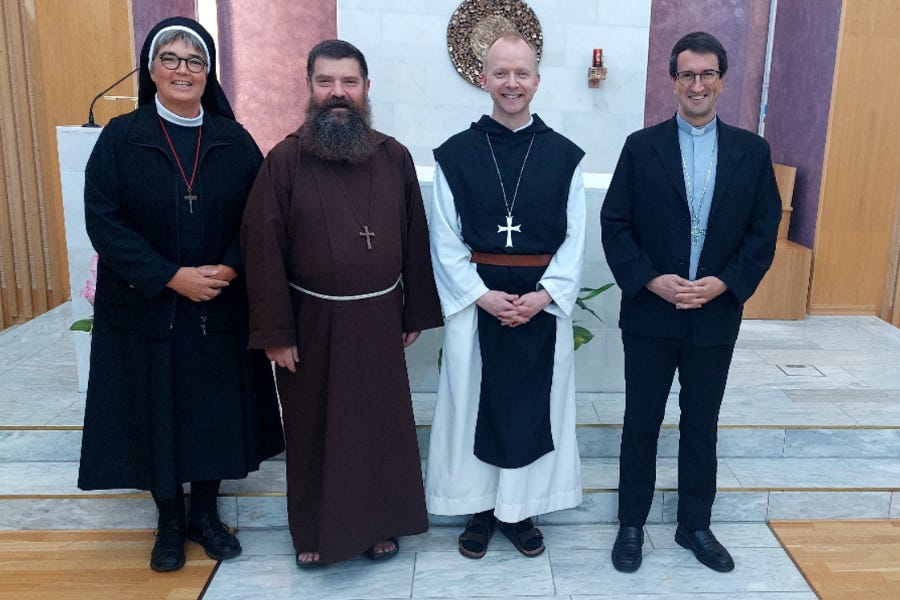The rise of the Nordic bishops’ conference
What the Nordic bishops’ conference lacks in personnel, it makes up for in spiritual and intellectual heft
The Nordic bishops’ conference unveiled its new leadership this week.

The body gathering the bishops of Denmark, Finl…
